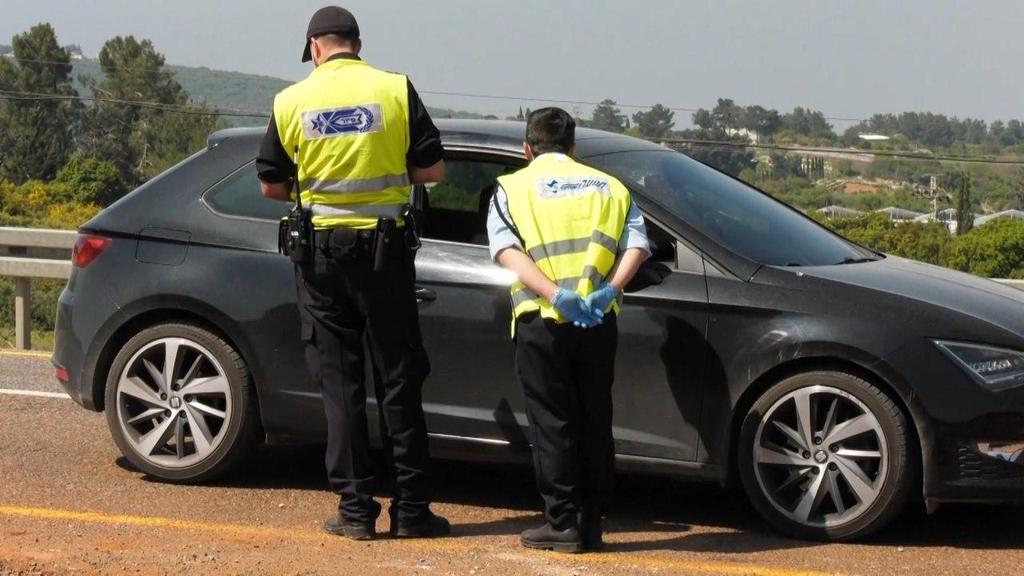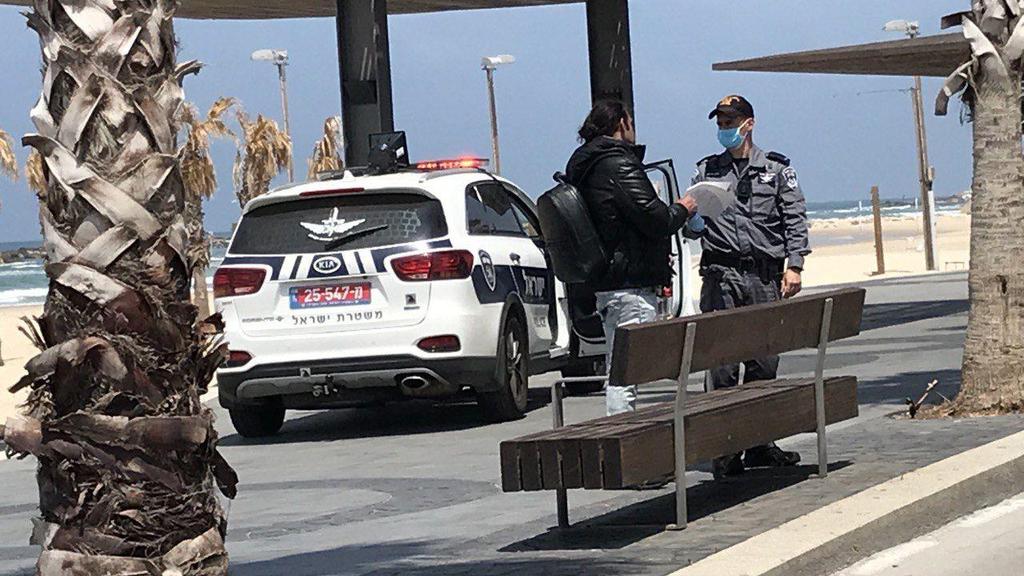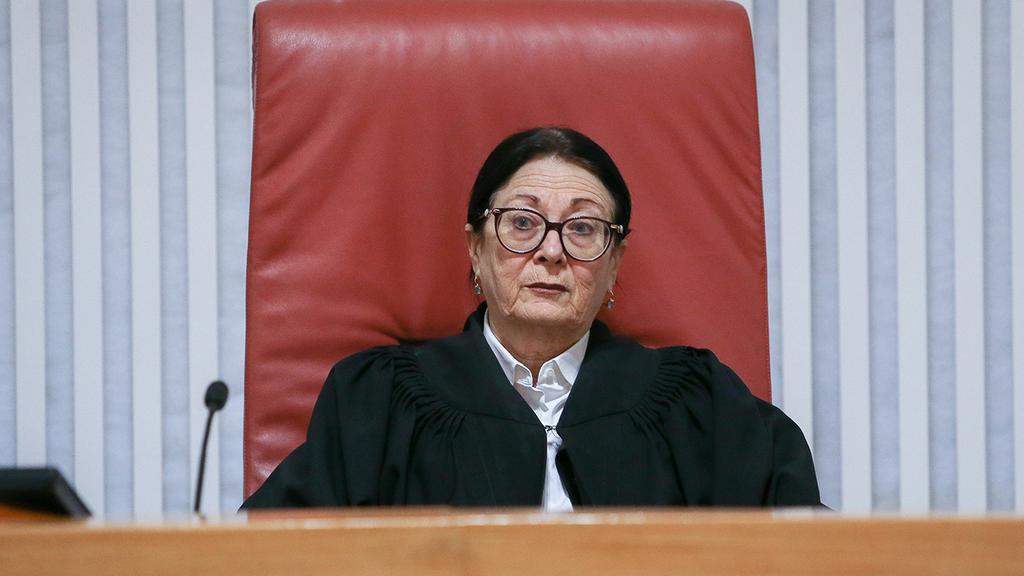The High Court on Sunday ordered a freeze on tracking of the cell phones of coronavirus patients by the Shin Bet domestic security service, with judges saying such a move requires legislation.
The court ruling said, however, that if the legislative process was begun, it would be possible to extend for a limited period the use of the security service in efforts to stem the spread of the virus.
“We must keep watch so that the unusual events we are dealing with these days do not lead us down a slippery slope where such unusual invasive measures are used without justification,” wrote the Chief Justice Esther Hayut, who heard the petitions with Deputy Chief Justice Hanan Meltzer and Justice Noam Solberg.
According to the ruling, “the Shin Bet will not be certified to aid the fight against the coronavirus" from April 30.
"If the country wishes to employ the measures provided by the Shin Bet, it must first act to legislate such a move," the ruling said.
"As the legislative proceeding is initiated, the [Shin Bet] certification period can be extended by no more than a few weeks, In order to allow the completion of this procedure.”
The panel consolidated into one hearing the four petitions submitted by the Association for Civil Rights, the Joint List, the Adalah human rights organization, the journalists' union and lawyer Shahar Ben Meir.
The judges wrote: "Brought before us are new issues that the entire world, including the medical and legal professions have not yet faced. In our ruling we tried [with expert help] to deal with the situation and to provide solutions that both save lives and retain recognized constitutional rights.”
The High Court also restricted the Shin Bet’s surveillance of journalists in order to preserve the confidentiality of journalistic sources.
According to the ruling, a journalist diagnosed with the coronavirus will have to give consent to the disclosure of their details to the Shin Bet and will also be given the opportunity to oppose such a disclosure in front of a judge.
3 View gallery


Police officers operate a roadblock at the entrance to Deir el-Asad, which has a high number of coronavirus cases
(Photo: Shamir Elbaz)
“On the importance of journalistic freedom in a democratic country there is no need to mince words, and adhering to this principle is of paramount importance in the days of a national crisis of the kind we are currently experiencing,” wrote Hayut.
Energy Minister Yuval Steinitz condemned the High Court ruling as "excessive and unnecessary intervention."
"As the head of the ministerial team that examined the Shin Bet involvement in the fight against the coronavirus epidemic, I say that its work has made a decisive contribution to reining in the epidemic and our ability to gradually lifting the closure," Steinitz said.
First published: 23:55, 04.26.20



